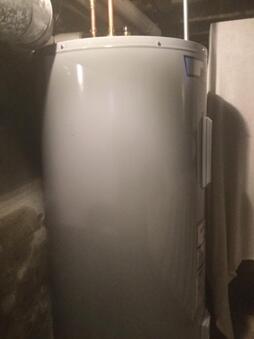
Slowly, Mike shakes his head. He's skeptical and explains that electric water heaters are more expensive and not as economical per thermal unit or something. Then I tell him that we've put solar panels on the roof, which produce an excess of electricity that Eversource just takes for its own. An electric water heater would allow us to tap into that surplus and, therefore, heat our water for free. Mike is psyched by this twofer -- save money and stick it to the grabby Man. Let's do it! When I mention that it'll also lower my carbon footprint, he sorta nods/shrugs. As in, fine, if you're into that kind of thing.

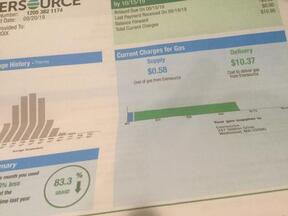
By the way, here's my latest gas bill. This August my wife and I spent 58 cents on natural gas to power our stove. That's it, and we weren't on vacation. Eversource still got its $10.37 delivery charge -- twenty times the cost of the product! -- but you know the old saying. When you stick it to the Man, he has a habit of sticking you back. Still, 58 cents ain't bad.
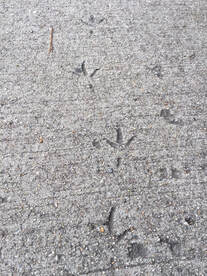




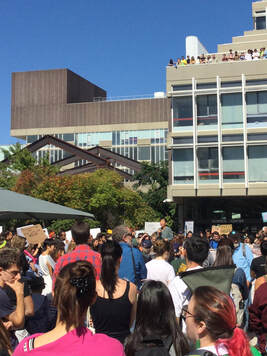
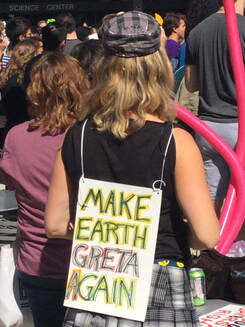
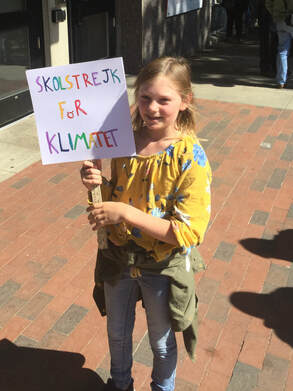
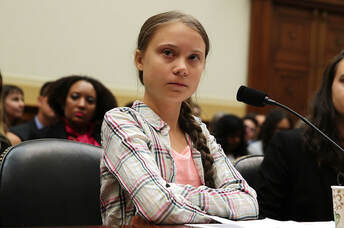




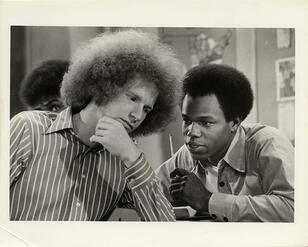

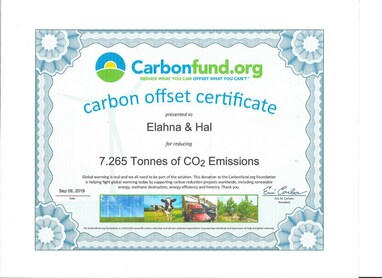

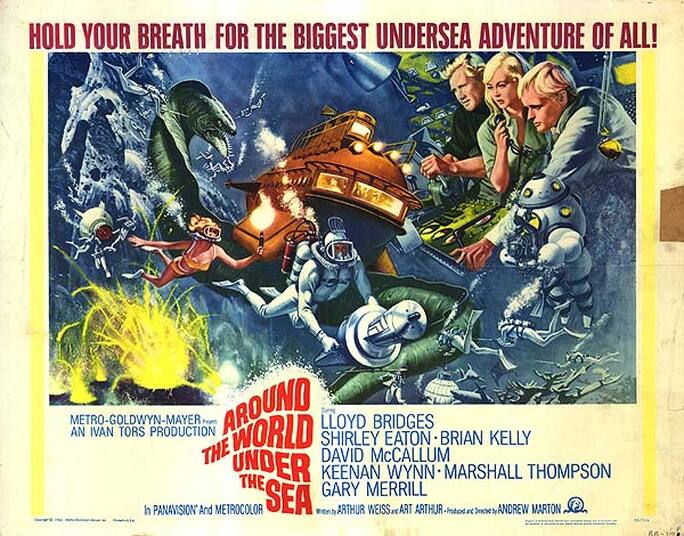
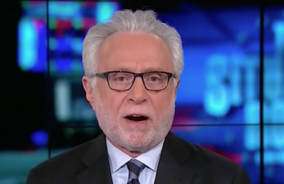

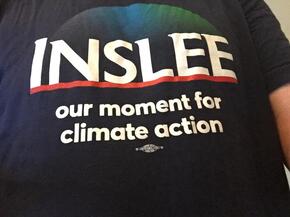



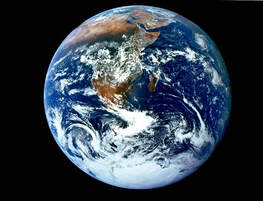

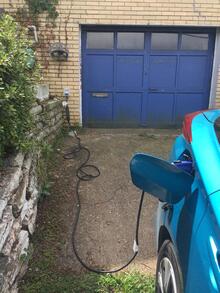
 RSS Feed
RSS Feed